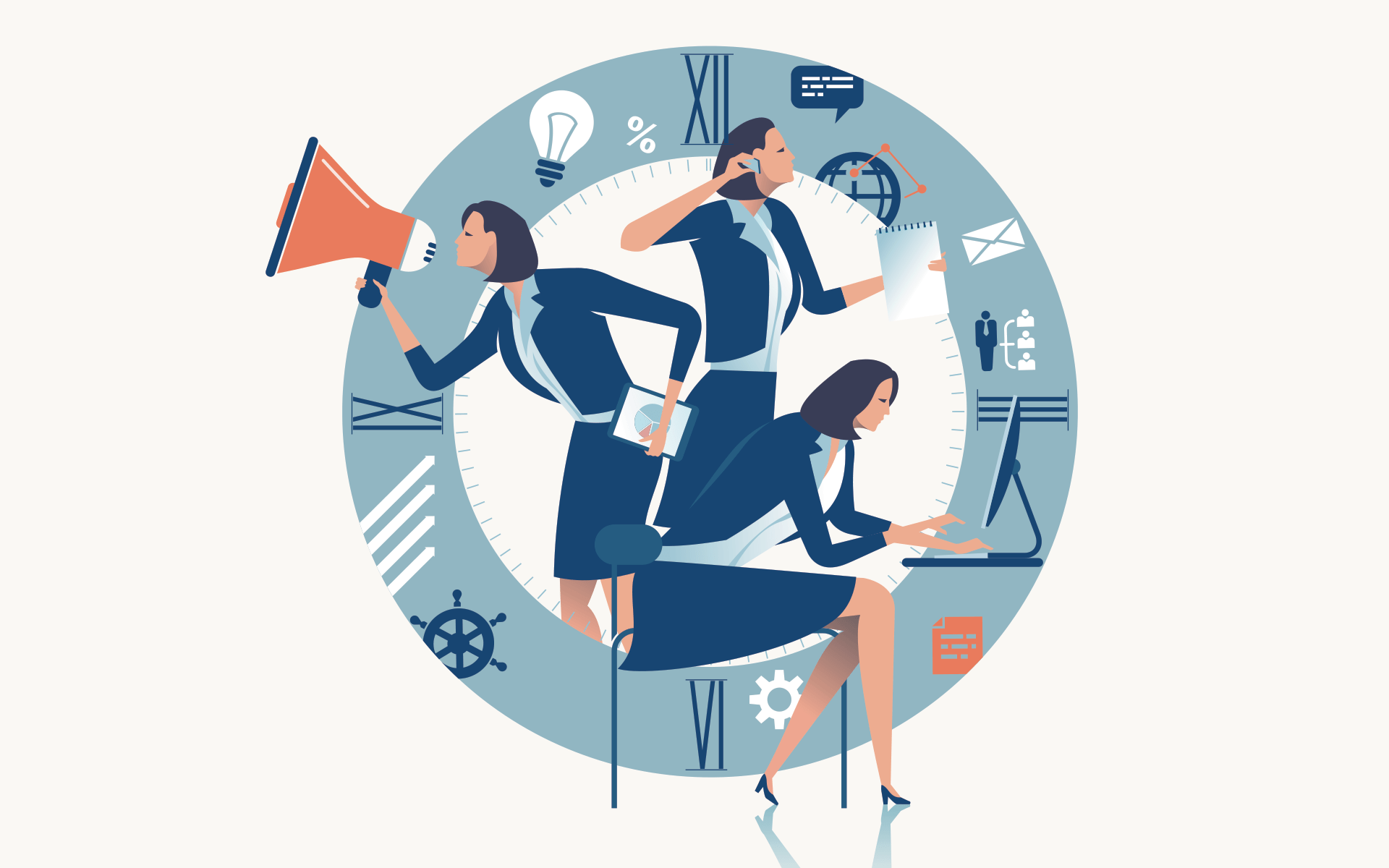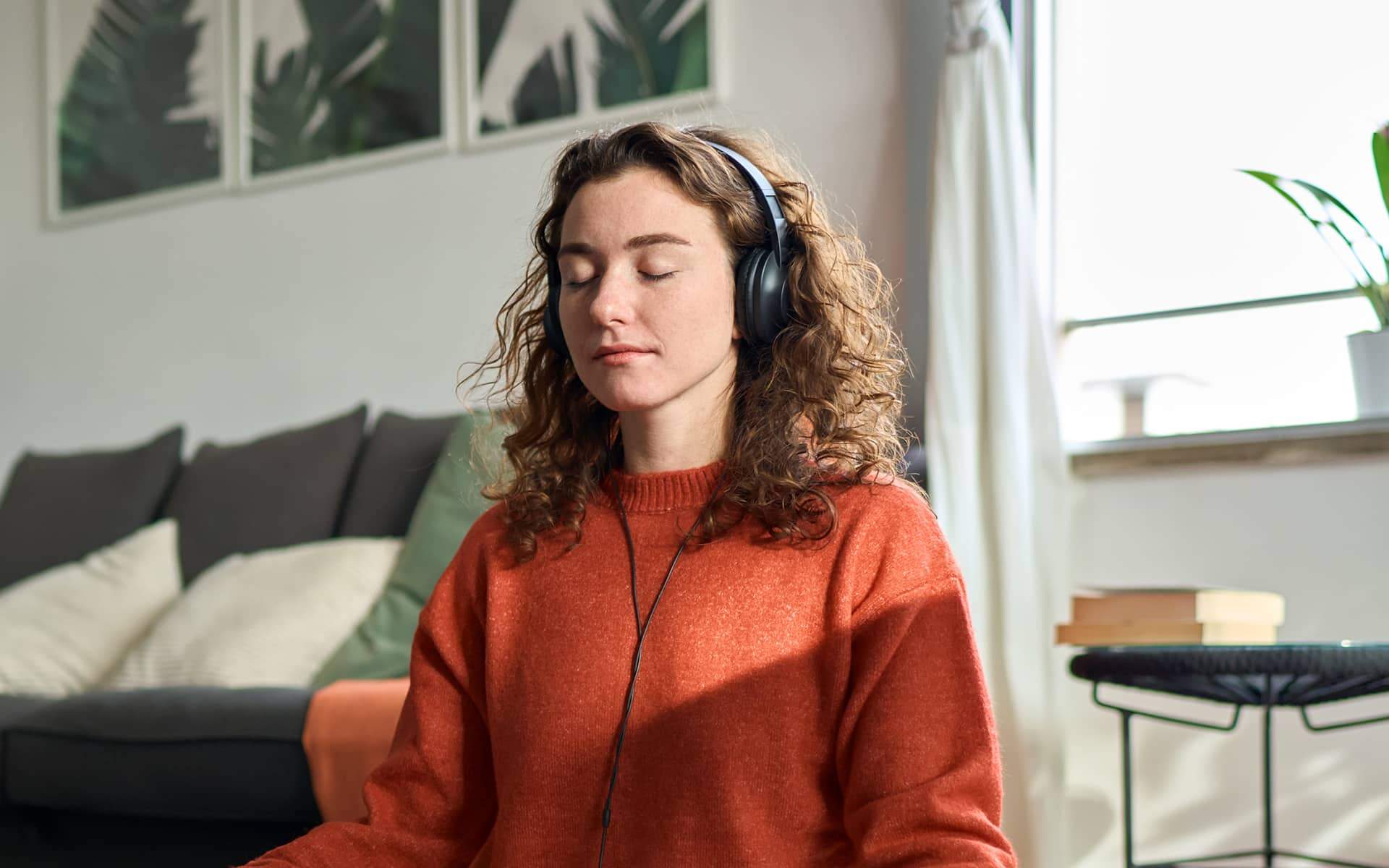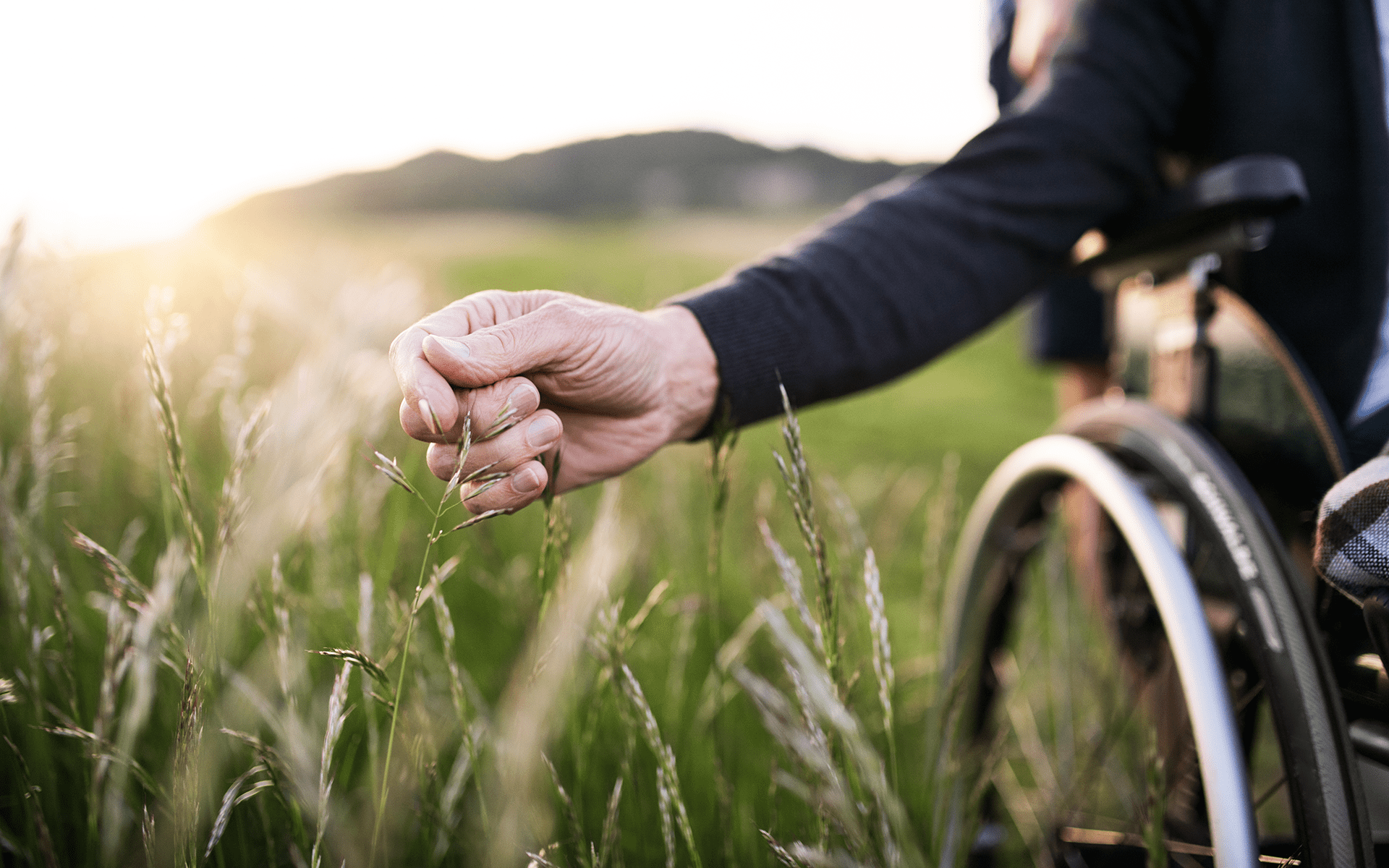You go to work, eat a bagel at your desk, and send four emails while on hold with your doctor’s office. You are a master of multitasking. You reward yourself by making a quick Facebook update, #hustle.
Sound familiar? Dan Pontefract, author and former chief executive at Telus, says being busy has become a habit many of us pride ourselves on—and that’s not a good thing.
“We are ultimately working on the next thing while we’re doing the current thing at the same time,” he says. “We think that multitasking is a badge of honor.”
In this video from BigThink, he explains how we can add some space to our fast-paced routines:
We’re Addicted to Busyness
In a world of constant connection and competition, many of us have adopted the habit of loading ourselves up with tasks. Maybe we just can’t say no, or always feel as though there’s not enough hours in the day.
Either way, our addiction to busyness is causing us to go through our days on auto-pilot.
“We used to go out for lunch and pause, but now we go get lunch, we bring it to our desk and we stare at another device trying to catch up with everything we haven’t done between 8:00 and 12:00,” Pontefract says.
This routine isn’t just present in the workplace, but also extends to the way we handle our personal and family lives.
“Maybe we pick up the kids… to go to soccer practice, and instead of looking at the soccer practice and the kids at that soccer practice, we’re looking at our device, because there’s eight more texts and 15 more emails that have come in,” Pontefract says.
That may ring true for many of us—but so what if it does? This is the twenty-first century, we’re career-oriented, and we like to stay connected with friends on social media. Isn’t it better to be busy than just sitting around doing nothing?
“We think that being constantly busy without having the pause, the meandering of thought, the marination in the moment; we think that we’ve just got to be constantly on and that’s a good thing,” Pontefract says. “But it’s not.”
What “Busyness” Does to Your Brain
Being “on” at all times raises our cortisol levels, putting us in a near-constant state of stress, Pontefract says. According to the APA, levels of stress in America have increased in recent years, with one-third of Americans suffering from chronic stress in the workplace.
While stress is something many of us have grown used to, experiencing chronic stress can plunge our body into crisis mode, putting us at an increased risk of experiencing burnout and in extreme cases, even heart disease.
While stress is something many of us have grown used to, experiencing chronic stress can plunge our body into crisis mode, putting us at an increased risk of experiencing burnout and in extreme cases, even heart disease.
“There’s more than 50 percent of us that are ultimately just ‘doing’ all the time,” Pontefract says. “We’re addicted to the doing. But the word I think I want to reintroduce to society is reflection.”
He recommends looking at our lives as an x/y axis, where x is action and y is reflection. As long as we act without taking time to slow down and reflect on our actions, we stay fixed in a permanent state—we do not grow.
Three Ways to Unhook From Your Addiction to Doing
Being more reflective isn’t about quitting your job, throwing away your phone and deleting your social media accounts. Instead, Pontefract recommends making small changes that add more mindfulness to your life.
“What we’re doing is we’re saying, Okay, when I take that elevator ride up to the 43rd floor in a hotel in New York in Manhattan, am I not looking at a device, and am I possibly actually saying ‘Hello’ to someone in an elevator?” he explains.
He provides three simple ways to practice mindful reflection:
- Take time to connect with people. This could mean listening mindfully in a conversation, or smiling at the barista who hands you your morning coffee.
- Go for a walk without your phone. Try to engage all of your senses. How do your feet feel on the ground? What do you smell? What do you hear?
- Consider your purpose. Question whether you’re doing something that feels meaningful to you. What are your values? What are your goals?
Pontefract says the point isn’t to stop doing, but to balance action with reflection.
“If we do insert more reflection time into our day, that action becomes that much more prosperous and profitable and positive,” he says. “But when we don’t, we just sit there, ‘doing’ all the time. Then what ultimately ends up happening is…we end up being more stressed.”








